Angels came to rescue Lot and his wife and two daughters when their city, Sodom, was to be destroyed. Lot hesitated so the angels took them all by the hand and led them out of the city. The angels said to them, “Flee for your life! Don’t look back…” They escaped to a town called Zoar. The cities of Sodom and Gomorrah went up in flames. Lot’s wife couldn’t resist looking back at Sodom, and she instantly turned into a pillar of salt. God mercifully sent Lot the advice he needed to leave Sodom before it was destroyed but his wife disobeyed the angel’s command. The people in the towns of Sodom and Gomorrah also disobeyed and were not spared either.
Even though we can be tempted to doubt the Word of God, always believe. God knows what is best for us. We can get the best advice for living happy, virtuous lives by reading His Word in the Bible.
Not everyone gets touched by or sees angels, at least not as far as we know. But we need to trust that God can send them to help us, rescue us, and save us. When no human is available to help, who’s to say that God, in His mercy, can’t send one of heaven’s angels to step in? As the Psalm Response says, “O Lord, your mercy is before my eyes.”
When Jesus calmed the storm for the Apostles in today’s Gospel they said, “What sort of man is this, whom even the winds and the sea obey?” They asked for His help but still wondered about Him even after they saw the miracle He performed. His mercy was too great to be so easily believed.
Today we celebrate the feast day of a Spanish priest named Junipero Serra, sent as a missionary to the New World. Along with his Franciscan Friars, he helped found missions in Mexico and California. Between 1750 and 1823, they built five mission churches in Mexico and 21 in California. Serra is also known as the Apostle of California. He taught the Catholic faith to the indigenous peoples, improved their farming practices, showed them new ways of trade, and defended them against non-native settlers. Saint Junipero Serra was merciful to many.
It’s often hard to believe when someone offers to assist us. It’s easy to mistrust or misunderstand their motives. But godly men and women can be merciful as well. God can use angels and also people to aid others in their time of need and better their lives. Live a virtuous life and trust in God, and you too can witness His great mercy.
Los ángeles vinieron a rescatar a Lot, a su esposa y a sus dos hijas cuando su ciudad, Sodoma, iba a ser destruida. Lot dudó, así que los ángeles los tomaron de la mano y los sacaron de la ciudad. Los ángeles les dijeron: “Ponte a salvo, no mires hacia atrás”. Escaparon a un pueblo llamado Zoar. Las ciudades de Sodoma y Gomorra ardieron en llamas. La esposa de Lot no pudo resistirse a mirar atrás a Sodoma, y al instante se convirtió en una columna de sal. Dios misericordiosamente le envió a Lot el consejo que necesitaba para que abandonara Sodoma antes de que fuera destruida, pero su esposa desobedeció la orden del ángel. La gente de los pueblos de Sodoma y Gomorra también desobedeció y tampoco se salvó.
Aunque podemos sentirnos tentados a dudar de la Palabra de Dios, siempre debemos creer. Dios sabe lo que es mejor para nosotros. Podemos obtener el mejor consejo para vivir vidas felices y virtuosas leyendo Su Palabra en la Biblia.
No todo el mundo es tocado por ángeles ni los ve, al menos hasta donde sepamos. Pero debemos confiar en que Dios puede enviarlos para ayudarnos, rescatarnos y salvarnos. Cuando no hay ningún ser humano disponible para ayudar, ¿quién puede decir que Dios, en su misericordia, no puede enviar a uno de los ángeles del cielo para intervenir? Como indica el Salmo Responsorial, el Señor va a tener compasión de nosotros.
Cuando Jesús calmó la tormenta para los Apóstoles en el Evangelio de hoy, dijeron: “¿Quién es éste, a quien hasta los vientos y el mar obedecen?” Pidieron Su ayuda, pero todavía se preguntaban acerca de Él incluso después de ver el milagro que realizó. Su misericordia era demasiado grande para ser creída tan fácilmente.
Hoy celebramos la fiesta de un sacerdote español llamado Junípero Serra, enviado como misionero al Nuevo Mundo. Junto con sus frailes franciscanos, ayudó a fundar misiones en México y California. Entre los años 1750 y 1823, construyeron cinco iglesias misioneras en México y veintiuno en California. Serra también es conocido como el Apóstol de California. Enseñó la fe católica a los pueblos indígenas, mejoró sus prácticas agrícolas, les mostró nuevas formas de comercio y los defendió contra los colonizadores no nativos. San Junípero Serra fue misericordioso con muchos.
A menudo es difícil creer cuando alguien se ofrece a ayudarnos. Es fácil desconfiar o malinterpretar sus motivos. Pero los hombres y mujeres piadosos pueden ser Misericordioso también. Dios puede usar a los ángeles y también a las personas para ayudar a otros en sus momentos de necesidad y mejorar sus vidas. Vive una vida virtuosa y confía en Dios, y tú también podrás ser testigo de Su gran misericordia.
 Christine Arata is a San Francisco, California native. She lives a few blocks away from the ocean and a park. She finds nature inspiring. Her cat brings her comfort. She loves being creative not only with her writing but with almost everything, including her home cooking. Her studies in the Catholic faith are ongoing. In 2019, when she discovered St. Hildegard of Bingen was underrepresented by Catholics, she found a purpose. Her latest website, St. Hildegard’s Wisdom features blog posts about all of that: https://sthildegardswisdom.com
Christine Arata is a San Francisco, California native. She lives a few blocks away from the ocean and a park. She finds nature inspiring. Her cat brings her comfort. She loves being creative not only with her writing but with almost everything, including her home cooking. Her studies in the Catholic faith are ongoing. In 2019, when she discovered St. Hildegard of Bingen was underrepresented by Catholics, she found a purpose. Her latest website, St. Hildegard’s Wisdom features blog posts about all of that: https://sthildegardswisdom.com
Feature Image Credit: Daniel Salcius, unsplash.com/photos/woman-standing-beside-arch-pathway-with-cross-hzWgNyvHVio
The views and opinions expressed in the Inspiration Daily blog are solely those of the original authors and contributors. These views and opinions do not necessarily represent those of Diocesan, the Diocesan staff, or other contributors to this blog.
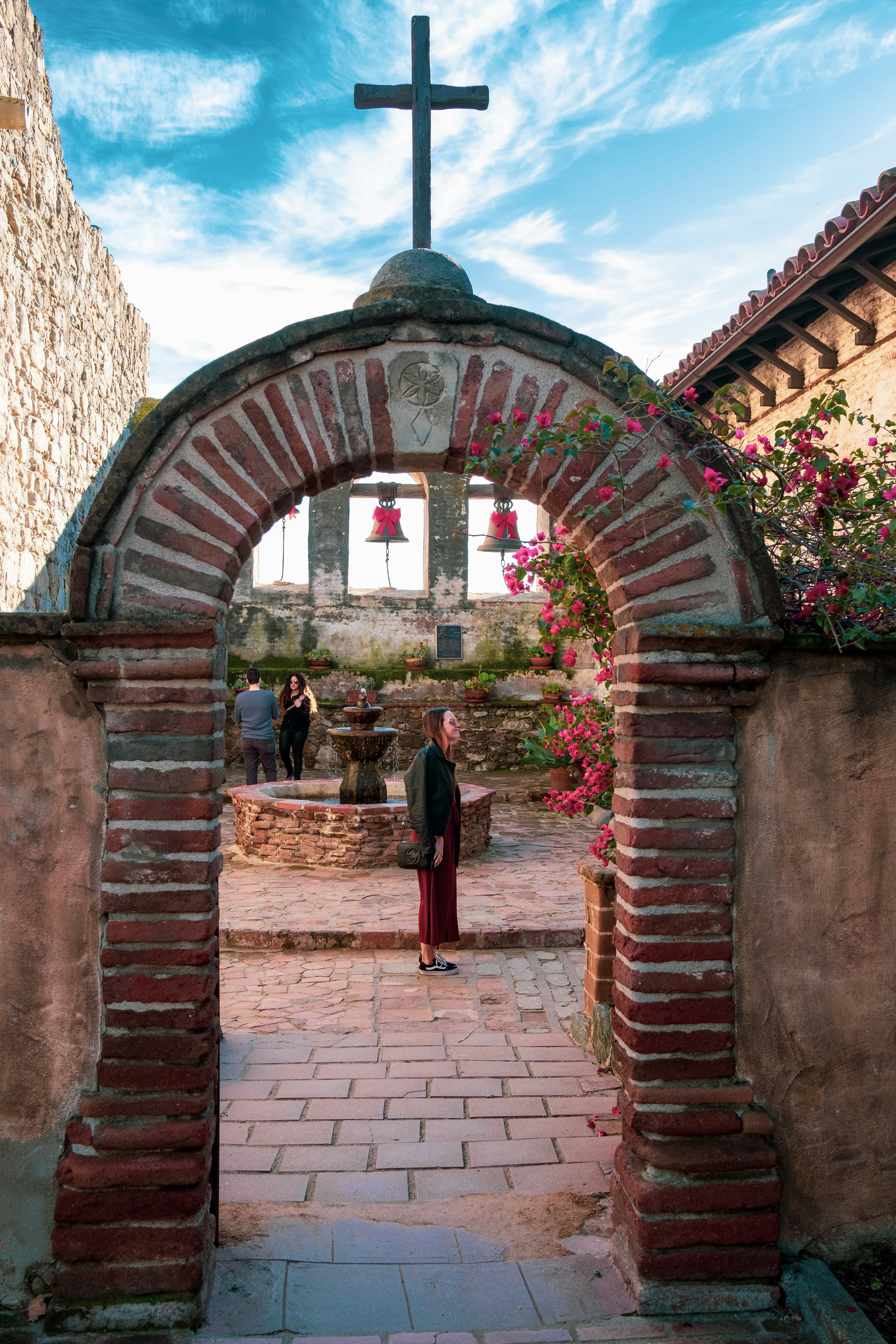
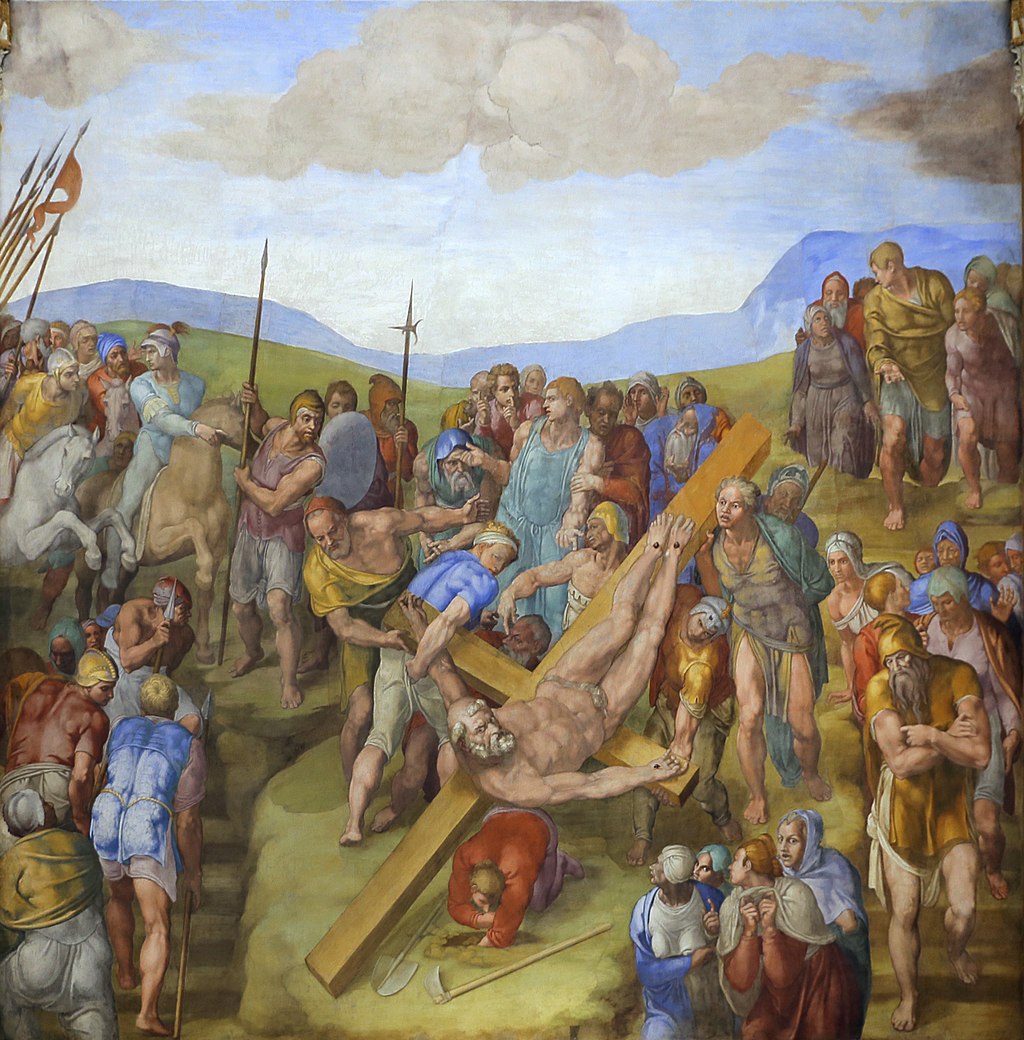
 Former NPS Park Ranger, Catholic educator, and Youth Minister, Melissa Lucca now spends her days evangelizing family and neighbors as a stay-at-home mom. She holds an MA in Theology from the Augustine Institute and pursues personal study in her spare time. Melissa loves Ignatian Spirituality, Mother Mary, and rock climbing. If you don’t hear her and her kiddo laughing at home, then they are probably out on an adventure!
Former NPS Park Ranger, Catholic educator, and Youth Minister, Melissa Lucca now spends her days evangelizing family and neighbors as a stay-at-home mom. She holds an MA in Theology from the Augustine Institute and pursues personal study in her spare time. Melissa loves Ignatian Spirituality, Mother Mary, and rock climbing. If you don’t hear her and her kiddo laughing at home, then they are probably out on an adventure!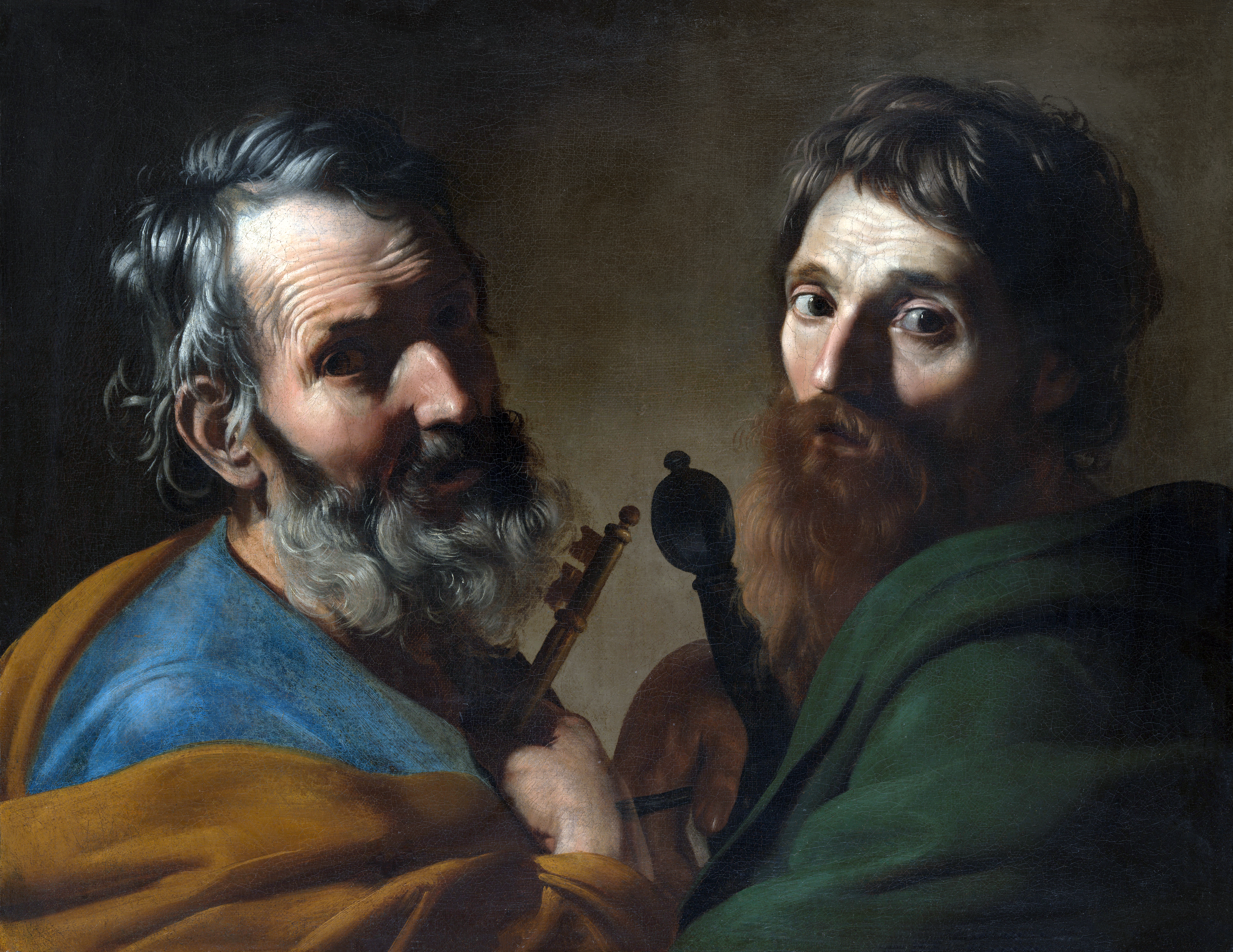
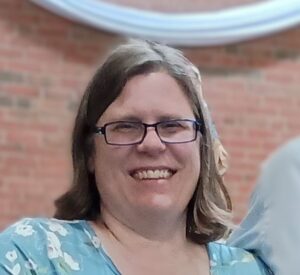 Tami Urcia is a midwestern gal from a large Catholic family. As a young adulthood she was a missionary in Mexico, where she studied theology and philosophy. After returning stateside bilingual, she gained a variety of work experience, traveled extensively and finished her Bachelor’s Degree at Brescia University. She loves organizing and simplifying things, watching her children play sports, deep conversations with close family and friends and finding unique ways to brighten others’ day with Christ’s love. She works full time at Diocesan in the Software Department and manages the Inspiration Daily reflections. She is also a contributing writer on
Tami Urcia is a midwestern gal from a large Catholic family. As a young adulthood she was a missionary in Mexico, where she studied theology and philosophy. After returning stateside bilingual, she gained a variety of work experience, traveled extensively and finished her Bachelor’s Degree at Brescia University. She loves organizing and simplifying things, watching her children play sports, deep conversations with close family and friends and finding unique ways to brighten others’ day with Christ’s love. She works full time at Diocesan in the Software Department and manages the Inspiration Daily reflections. She is also a contributing writer on 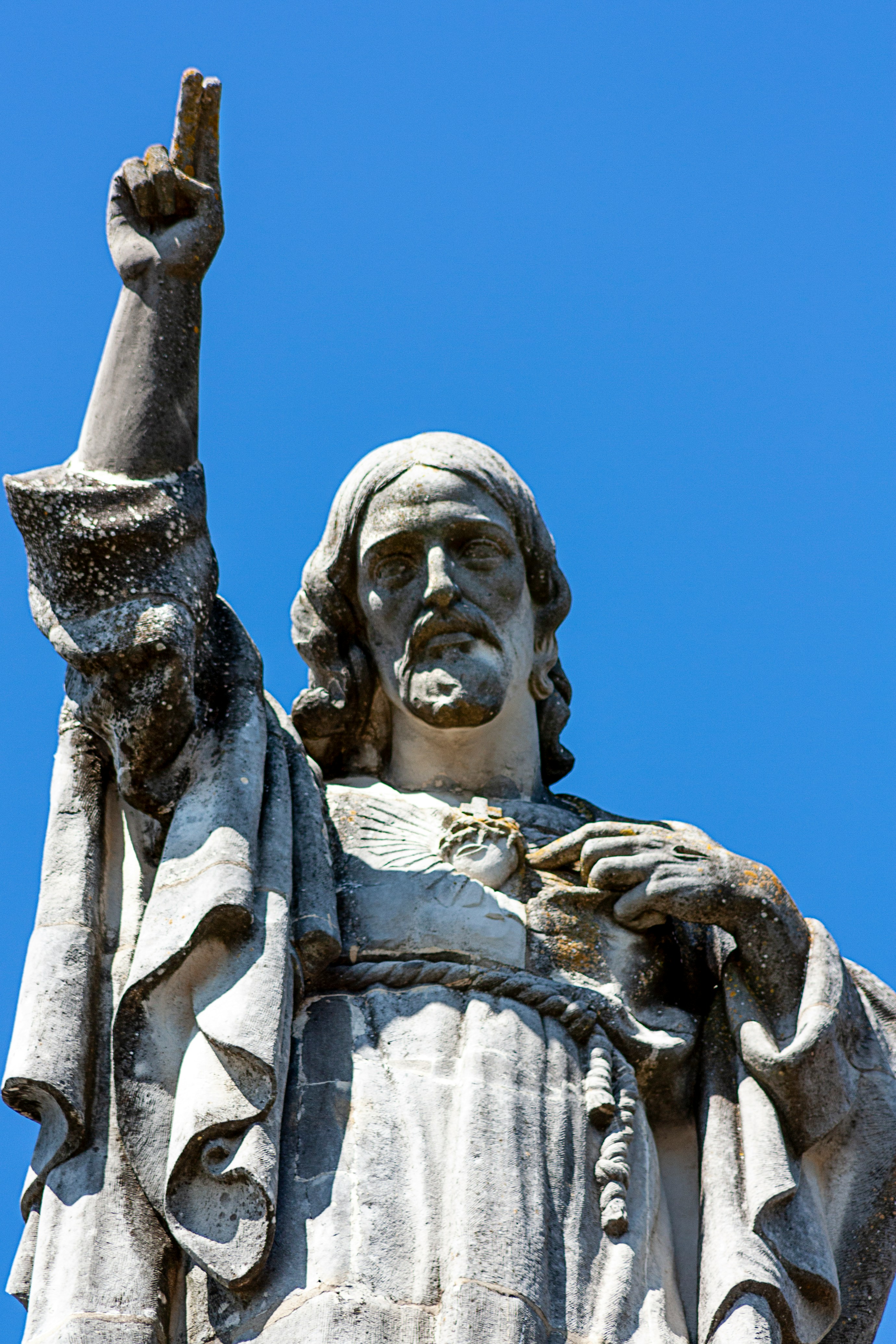
 Kathryn Mulderink, MA, is married to Robert, Station Manager for Holy Family Radio. Together they have seven children (including Father Rob), and eleven grandchildren. She is President of the local community of Secular Discalced Carmelites and has published five books and many articles. Over the last 30 years, she has worked as a teacher, headmistress, catechist, Pastoral Associate, and DRE, and as a writer and voice talent for Catholic Radio. Currently, she serves the Church by writing and speaking, and by collaborating with various parishes and to lead others to encounter Christ and engage their faith. Her website is
Kathryn Mulderink, MA, is married to Robert, Station Manager for Holy Family Radio. Together they have seven children (including Father Rob), and eleven grandchildren. She is President of the local community of Secular Discalced Carmelites and has published five books and many articles. Over the last 30 years, she has worked as a teacher, headmistress, catechist, Pastoral Associate, and DRE, and as a writer and voice talent for Catholic Radio. Currently, she serves the Church by writing and speaking, and by collaborating with various parishes and to lead others to encounter Christ and engage their faith. Her website is 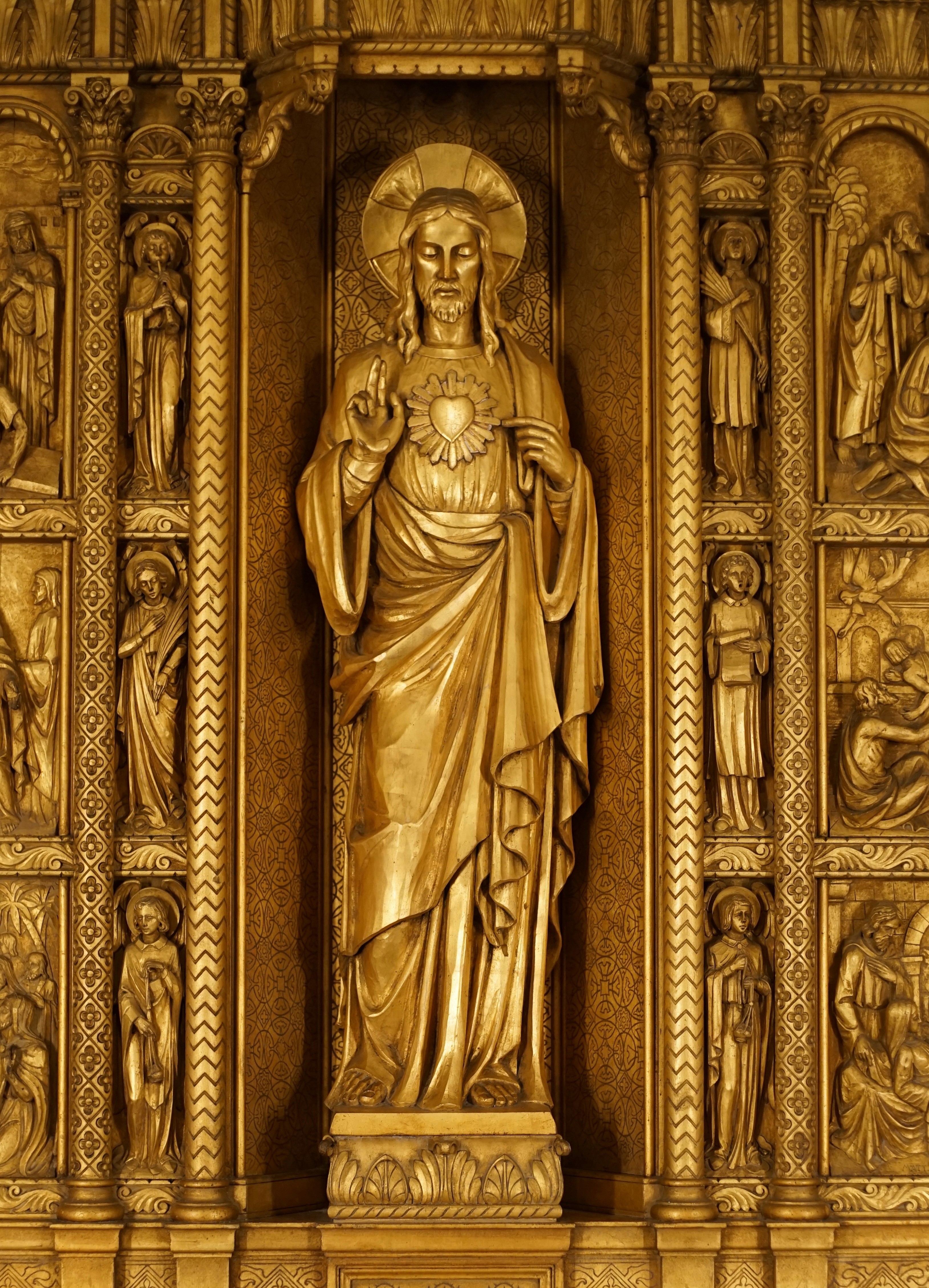
 Deacon Dan Schneider is a retired general manager of industrial distributors. He and his wife Vicki have been married for over 55 years. They are the parents of eight children and thirty-one grandchildren. He has a degree in Family Life Education from Spring Arbor University. He was ordained a Permanent Deacon in 2002. He has a passion for working with engaged and married couples and his main ministry has been preparing couples for marriage.
Deacon Dan Schneider is a retired general manager of industrial distributors. He and his wife Vicki have been married for over 55 years. They are the parents of eight children and thirty-one grandchildren. He has a degree in Family Life Education from Spring Arbor University. He was ordained a Permanent Deacon in 2002. He has a passion for working with engaged and married couples and his main ministry has been preparing couples for marriage.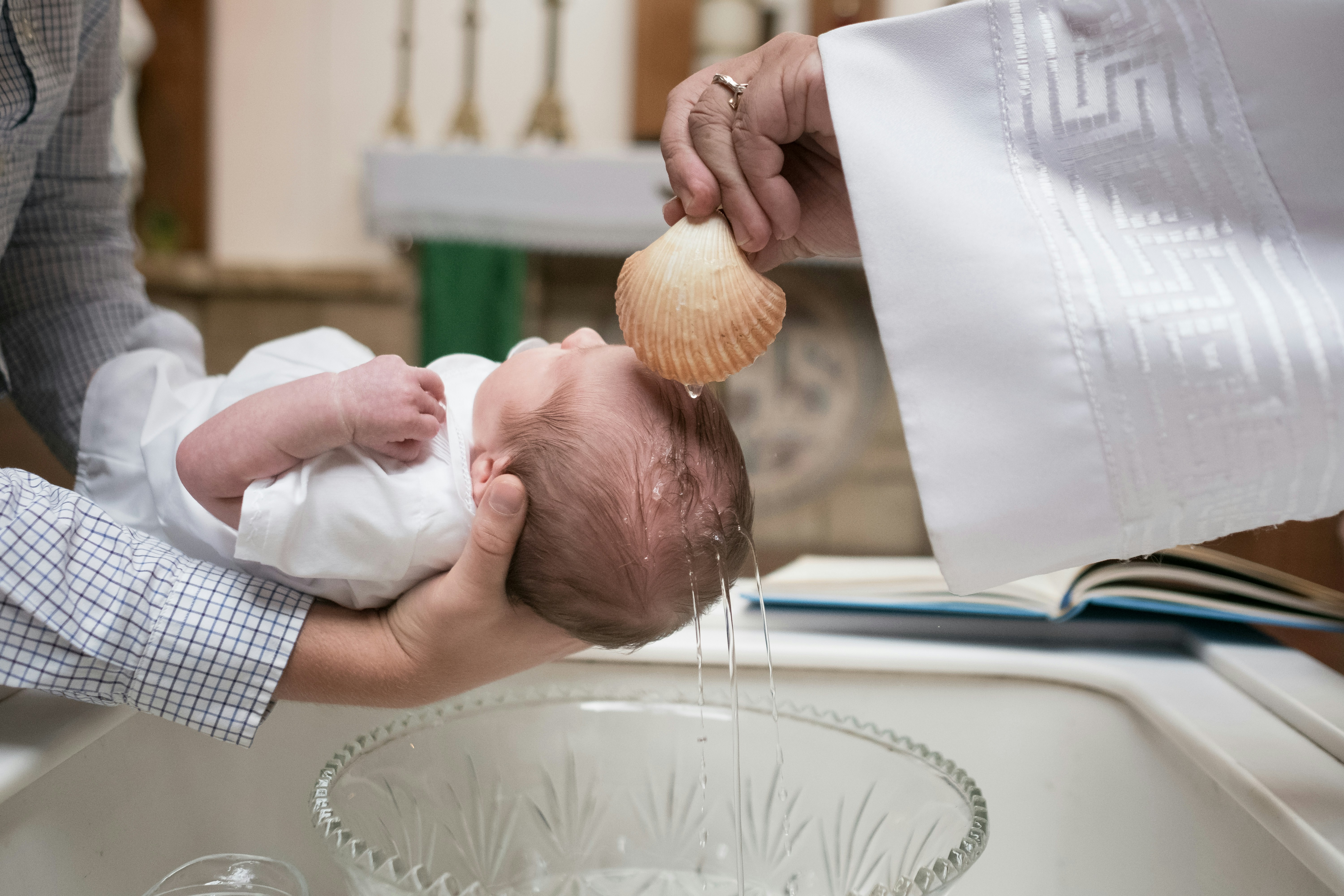



 Lily is a Michigan native and cradle Catholic who has spent most of her life exploring her own reasons to embrace her faith fully. She attended Franciscan University of Steubenville, where she discovered the beauty of her personal relationship with Christ and the Church. After college, she worked in Montessori Education for three years and recently transitioned to nannying. She was recently married and spends most of her time reading, and enjoying her dog and family!
Lily is a Michigan native and cradle Catholic who has spent most of her life exploring her own reasons to embrace her faith fully. She attended Franciscan University of Steubenville, where she discovered the beauty of her personal relationship with Christ and the Church. After college, she worked in Montessori Education for three years and recently transitioned to nannying. She was recently married and spends most of her time reading, and enjoying her dog and family!
 Kate Taliaferro is an Air Force wife and mother. She is blessed to be able to homeschool, bake bread and fold endless piles of laundry. When not planning a school day, writing a blog post or cooking pasta, Kate can be found curled up with a book or working with some kind of fiber craft. Kate blogs at
Kate Taliaferro is an Air Force wife and mother. She is blessed to be able to homeschool, bake bread and fold endless piles of laundry. When not planning a school day, writing a blog post or cooking pasta, Kate can be found curled up with a book or working with some kind of fiber craft. Kate blogs at 
 Merridith Frediani loves words and is delighted by good sentences. She also loves Lake Michigan, dahlias, the first sip of hot coffee in the morning, millennials, and playing Sheepshead with her husband and three kids. She writes for Catholic Mom, Diocesan.com, and her local Catholic Herald. Her first book Draw Close to Jesus: A Woman’s Guide to Adoration is available at Our Sunday Visitor and Amazon. You can learn more at
Merridith Frediani loves words and is delighted by good sentences. She also loves Lake Michigan, dahlias, the first sip of hot coffee in the morning, millennials, and playing Sheepshead with her husband and three kids. She writes for Catholic Mom, Diocesan.com, and her local Catholic Herald. Her first book Draw Close to Jesus: A Woman’s Guide to Adoration is available at Our Sunday Visitor and Amazon. You can learn more at 
 Hailing from Nashville, Catherine is a graduate of Christendom College with a lifelong passion for words. Her love of writing and her Catholic Faith continue to shape her as a freelance editor, copywriter, and (aspiring) novelist, where she pursues her passions for the love and greater glory of God.
Hailing from Nashville, Catherine is a graduate of Christendom College with a lifelong passion for words. Her love of writing and her Catholic Faith continue to shape her as a freelance editor, copywriter, and (aspiring) novelist, where she pursues her passions for the love and greater glory of God.
 Pamela Kavanaugh is a grateful wife, mother, and grandmother who has dedicated her professional life to Catholic education. Though she has done her very best to teach her students well in the subjects of language and religion, she knows that she has learned more than she has taught. She lives, teaches, and writes in southwest suburban Chicago.
Pamela Kavanaugh is a grateful wife, mother, and grandmother who has dedicated her professional life to Catholic education. Though she has done her very best to teach her students well in the subjects of language and religion, she knows that she has learned more than she has taught. She lives, teaches, and writes in southwest suburban Chicago.